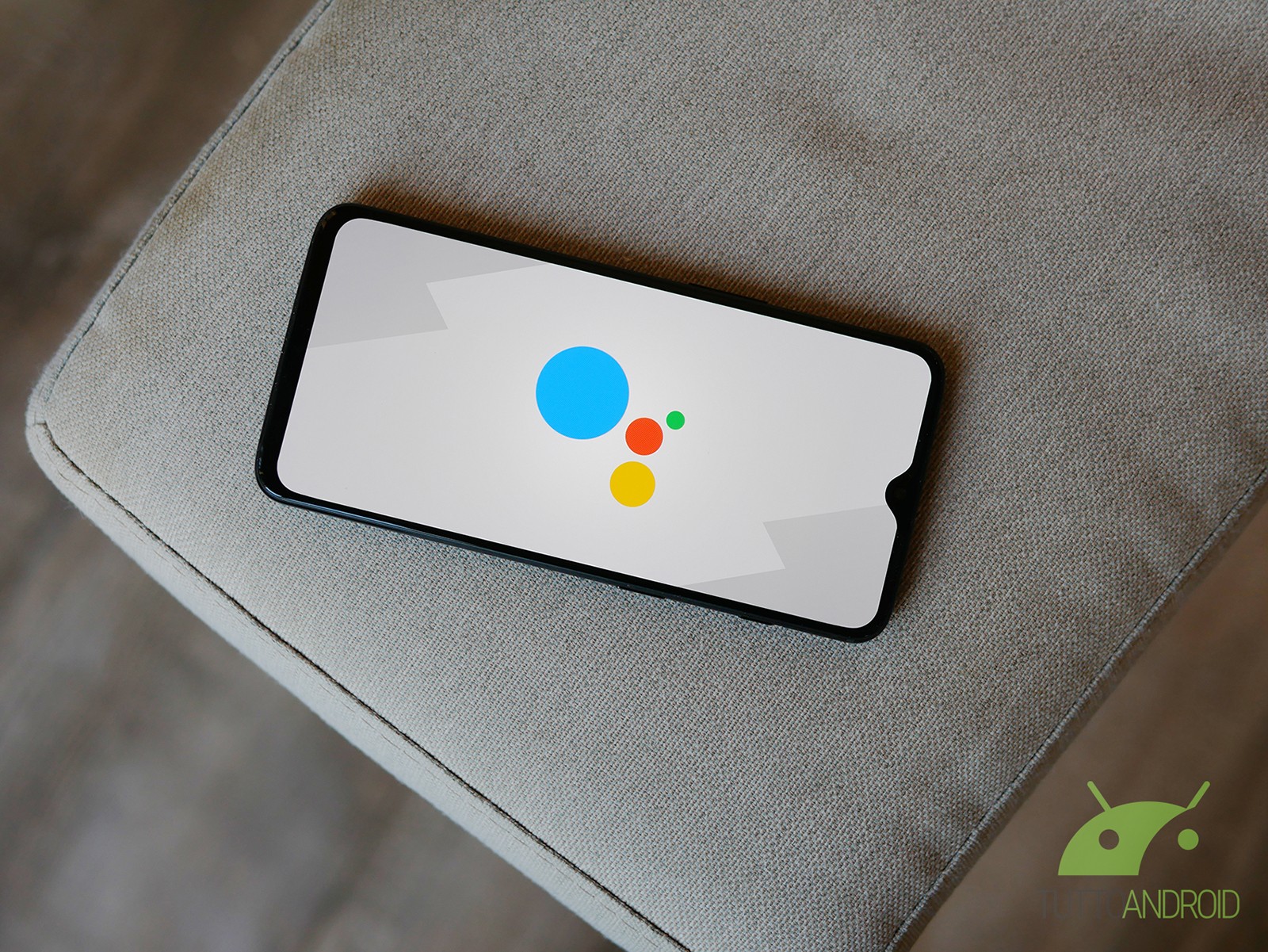Nelle ultime ore i colleghi di Axios hanno condiviso online un’email interna a Google, con la quale l’azienda informa i propri dipendenti di tutta una serie di cambiamenti che verranno apportati al team di sviluppo di Google Assistant.
La comunicazione di cui sopra ci consente di intravedere alcuni cambiamenti in arrivo per l’assistente Google che, a quanto pare, verrà presto aggiornato con l’ultima tecnologia LLM (large language model) e con l’intelligenza artificiale generativa.
Segui Google Italia su Telegram, ricevi news e offerte per primo
Motorola edge 60, 8/256 GB
50+50+10MP, 6.67'' pOLED 120Hz, Batteria 5200mAh, ricarica 68W, Android 15
Google Assistant beneficerà presto della tecnologia LLM e dell’AI generativa
I cambiamenti in questione erano in realtà già nell’aria, un paio di settimane fa per esempio abbiamo visto come Big G fosse al lavoro per permettere a Google Assistant di beneficiare di una funzione generativa basata sull’intelligenza artificiale che potrebbe riepilogare le pagine Web.
Ora però, grazie alla condivisione della comunicazione interna, abbiamo qualche dettaglio in più su quello che sarà il futuro di Google Assistant; l’azienda ha infatti compreso l’enorme potenziale dell’AI generativa alimentato dalla più recente tecnologia LLM. Riportiamo di seguito l’email in questione:
Subject: Assistant vision and team changes
Hi team,
Since we launched Assistant seven years ago, we’ve built great experiences for the hundreds of millions of people who use it every month. And we’ve heard people’s strong desire for assistive, conversational technology that can improve their lives.
As a team, we need to focus on delivering high-quality, critical product experiences for our users. We’ve also seen the profound potential of generative AI to transform people’s lives and see a huge opportunity to explore what a supercharged Assistant, powered by the latest LLM technology, would look like. (A portion of the team has already started working on this, beginning with mobile.)
To do both of these things with speed and focus, we are making some changes in the organization:
We’re combining the Services and Surfaces teams, which will be led by Unni and Bryant.
The Mobile team will operate separately under Minni and Zaheed.
The NLP team will now be led by Xiaonan and Lisa. Sincere thank-you to Michelle, who — on top of her day job leading infrastructure — stewarded the NLP team over the past 4 months. Michelle will now lead infrastructure at 100% capacity.
Speech will continue supporting Assistant and other products, and Françoise will now report to Sissie.
As part of this update, we are also eliminating a small number of roles within the team. We have already let these teammates know and we will provide dedicated support to help them through this transition. Everyone impacted will have a minimum of 60 day internal search period, based on local requirements. These have been incredibly difficult decisions, so please support teammates who are processing this news.
Duke and I will host a town hall tomorrow to go through the org changes in more detail and take your questions. (We know tomorrow is a holiday in Zurich, so we’ll also host an EMEA-friendly option on Wednesday.) Some teams will host town halls next week — stay tuned for those calendar invitations. We remain deeply committed to Assistant and we are optimistic about its bright future ahead.
Thanks,
Peeyush and Duke
Come potete notare dal testo qui sopra, Google ha deciso di riorganizzare il team di sviluppo dietro l’assistente Google, così da poter gestire meglio tutti i cambiamenti che verranno implementati, ciò purtroppo comporta anche il licenziamento di alcune risorse appartenenti al team, come accade sempre più spesso negli ultimi tempi.
Nel prossimo futuro dunque potremmo vedere interessanti novità non solo per Google Assistant sui nostri smartphone, ma anche e soprattutto su smart display e smart speaker, dispositivi che più di altri hanno un’interfaccia che prevede principalmente un’interazione di tipo vocale.
Potrebbe interessarti anche: Google Assistant è lento? Ecco una possibile soluzione


